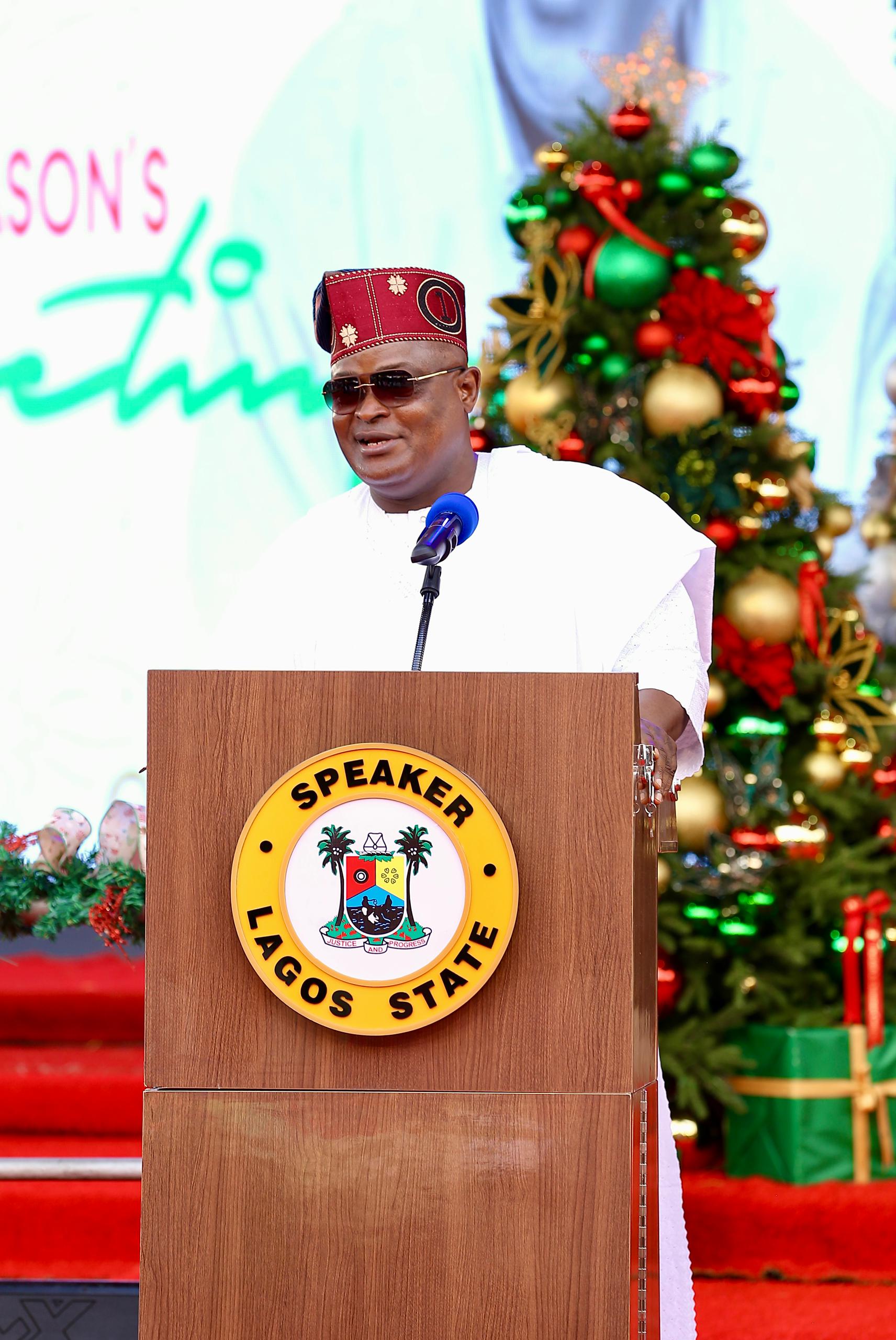Nigeria aviation VAT policy 2026 ends exemptions on aircraft parts, tickets, raising cost fears and legal concerns as industry warns of treaty violations
Nigeria aviation VAT policy 2026 will officially eliminate existing tax exemptions for the aviation industry, starting January 1, 2026, in a move that has drawn strong reactions from stakeholders and experts.
Also read: Nigeria nets ₦600bn VAT from Facebook, Netflix, others
The Federal Government announced the reinstatement of Value Added Tax (VAT) on the importation of commercial aircraft, engines, spare parts, and passenger tickets, reversing a longstanding policy that exempted airlines from such levies.
At a business webinar hosted by Aviation & Allied Business in collaboration with the Nigeria Revenue Service (formerly FIRS), Assistant Director Nkechi Umegakwe confirmed that VAT will now apply across all aviation services, as mandated by the Nigeria Tax Act 2025.
“Whatever you bring in as an airline—aircraft, engines, or parts—you must now pay VAT,” Umegakwe said. “The exemptions no longer apply.”
The decision to enforce VAT across the aviation sector has prompted sharp criticism. Capt. Samuel Caulcrik, a respected aviation consultant, warned that multiple taxation could cripple operators, reduce passenger traffic, and drive up airfares.
“With VAT and existing charges like the 5% Ticket Sales Charge (TSC), air travel could become unaffordable for many Nigerians,” he stated.
Nkechi Onyenso, MD of Pathfinder Securities, highlighted the strain on private aviation services, already battling low passenger volumes and currency depreciation.
“Airline purchases are in dollars, but revenue comes in naira. Adding VAT to this equation may pull the sector down rather than support its growth,” she added.
Nigeria’s first aviation lawyer, Prof. Ismail Mustapha, argued that the new Nigeria aviation VAT policy 2026 may violate provisions of the Civil Aviation Act 2022, which prohibits taxation on aviation income.
He warned the VAT reintroduction could constitute double taxation and urged immediate legal clarification.
Further complicating matters, the International Air Transport Association (IATA), represented by Dr. Samson Fatokun, stated that the new tax regime contradicts international treaties Nigeria has signed with both ICAO and ECOWAS.
“Nigeria cannot enforce VAT on international air transport when it has signed agreements explicitly prohibiting it,” Fatokun said. “Domestic law cannot override global commitments.”
He added that President Bola Tinubu had personally signed the ECOWAS Supplementary Act in December 2024, which prohibits taxation on air transport of passengers and cargo from January 2026—the same date the Nigerian policy takes effect.
Umegakwe maintained that the policy is part of a broader tax reform, aimed at harmonising and simplifying the tax system. However, concerns persist over its impact on affordability, investment, and international credibility.
While airlines may apply for VAT refunds, stakeholders worry that bureaucratic delays could make the process ineffective, especially given the sector’s cash flow constraints.
“This is not a revenue-generating industry but a cost-recovery sector. Over-taxing it is counterproductive,” Fatokun added.
Also read: Nigeria nets ₦600bn VAT from Facebook, Netflix, others
With less than four months to implementation, many in the aviation industry are calling for a stakeholder summit to reconsider the move and avoid jeopardising Nigeria’s compliance with international aviation norms.
Source: Read more at gazettengr.com
























